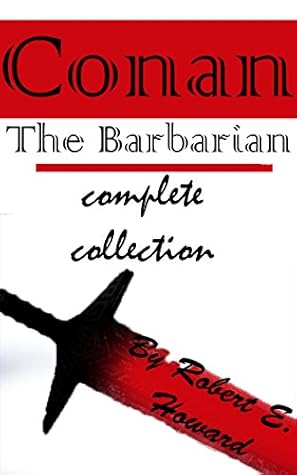More on this book
Community
Kindle Notes & Highlights
Read between
December 11, 2021 - June 7, 2022
"Poets always hate those in power. To them perfection is always just behind the last corner, or beyond the next. They escape the present in dreams of the past and future.
I had prepared myself to take the crown, not to hold it.
Civilized men are more discourteous than savages because they know they can be impolite without having their skulls split, as a general thing.
His gods were simple and understandable; Crom was their chief, and he lived on a great mountain, whence he sent forth dooms and death. It was useless to call on Crom, because he was a gloomy, savage god, and he hated weaklings. But he gave a man courage at birth, and the will and might to kill his enemies, which, in the Cimmerian's mind, was all any god should be expected to do.
It was not at the agonized contortions and posturing of the wretched boy that he was shocked, but at the cosmic obscenity of these beings which could drag to light the abysmal secrets that sleep in the unfathomed darkness of the human soul, and find pleasure in the brazen flaunting of such things as should not be hinted at, even in restless nightmares.
'What of your own gods? I have never heard you call on them.' 'Their chief is Crom. He dwells on a great mountain. What use to call on him? Little he cares if men live or die. Better to be silent than to call his attention to you; he will send you dooms, not fortune! He is grim and loveless, but at birth he breathes power to strive and slay into a man's soul. What else shall men ask of the gods?'
'Barbarism is the natural state of mankind,' the borderer said, still staring somberly at the Cimmerian. 'Civilization is unnatural. It is a whim of circumstance. And barbarism must always ultimately triumph.'


